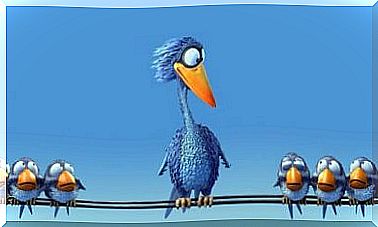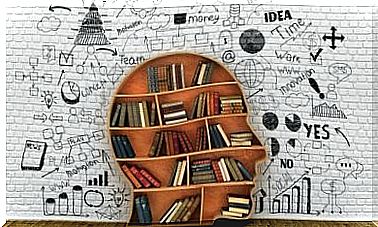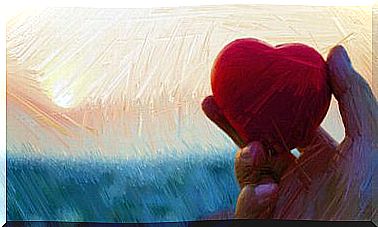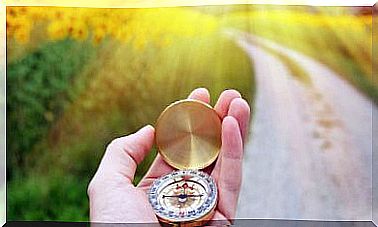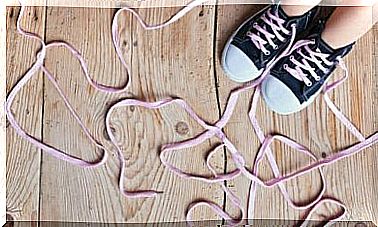Gratitude: The Secret Ingredient
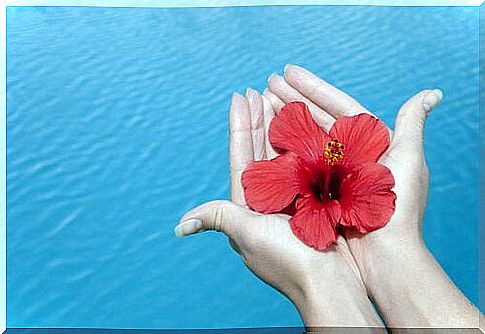
There are good days and bad days, we all know that. There are times when or phases in which we do not find a clear path. We have too many doubts or we are emotionally inactive or disappointed. As a result, we look for ways to find happiness or personal balance.
To achieve this, the key is to collect some elements from our inner world and our environment. It’s not an easy road. You have to work hard to be happy.
One way to keep on walking the road to happiness is through something we sometimes forget: gratitude.
When did we stop feeling grateful for things? How many times have we failed to thank someone, out of concern for what they might say or because we just didn’t know how?
Let’s be aware of the power of words. It’s important to know how to say them at the right time, with the right intonation, stress, placement, and honesty. We don’t always choose them well and we sometimes fall short, even if we have the right intention.
Have we ever thought about thanking someone in a special way? Why didn’t we do it? Is thanking someone the same as being grateful?

Seven letters
“Thank you.” Seven letters that can fit on either side of the emotional spectrum. On the one hand there is automatic formality, on the other hand the main feeling.
We hand out “thanks” generously. Usually it is a gift that we give to strangers every day. We have learned that formal gratitude is a social norm. “Thanks for coming”, “Thanks for joining”, “Thanks for the food”, “Thanks for the invite” and so on. These forms of thanks are all partly formal and partly from the heart.
We generally give our gratitude to communicate socially. It opens doors for us, it brings us closer together and it makes our integration into the group easier. But there is another kind of “thank you”. The kind that are exchanged between parents, friends, relatives or social acquaintances in our lives.
Here we can all talk about gratitude.
What does gratitude hide
The fact is that we are not talking about formalities and automatic response. We’re not talking about saying “thank you” to people seeking recognition for their work.
We are talking about looking around us or the past and identifying those who have helped us without expecting any kind of compensation. Often they don’t expect or know it, but it is.
The trainer who helps us to look beyond the balls, obstacles or trials. The teacher who helped discover our love of books, history or math. The family member who gave us the best summers of our lives, in the most natural way, but whom we remember fondly.
Gratitude is connecting with a personal emotion and sharing it with someone else.
Gratitude helps us to:
- Freeing reserved emotions and giving us inner peace.
- To stop thinking about fixing things that linger (“I’d like to thank him…”)
- Increase self-confidence.
- Strengthen social ties.
- Fight bad times and negative emotions.
Secret ingredient? Yes! Scientific? That too!
Martin Seligman is one of the most recognized psychologists today. He was the main driver of positive psychology, the part of psychology that deals with the scientific study of emotions and the positive qualities of people.
Together with Christopher Peterson, he designed a study that collects and classifies those forces and values that enrich our lives. They based their observations not only on recent research, but they also studied ancient philosophies, texts from all cultures and religions from around the world.
They managed to find some common elements. One of the general categories, called “Transcendence” (power that gives meaning to life and connects us to our environment and universal emotions) includes gratitude.
Transcendence was defined as “being aware of and grateful for the good things that happen to one and knowing how to show gratitude.”
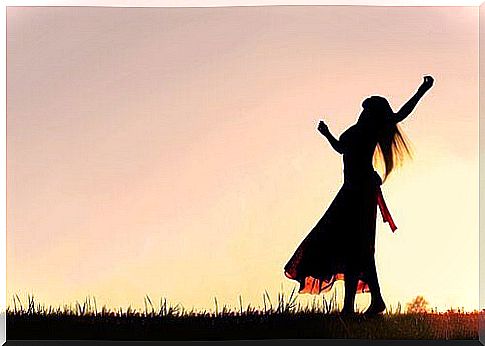
Activate your gratitude
There are all kinds of things that keep us from expressing our gratitude: the fear of how others will react, the feeling that it is already too late, the arrogance or pride that makes us doubt, the thought that our feelings are not reciprocated or embarrassment .
But the effect of gratitude is so positive that if we have something in mind, we should not hesitate and try. It helps to identify in advance those things that we can feel grateful for.
Take a few minutes every day or once a week to identify the things you are grateful for. This will help to appreciate and reflect on these actions, situations or people that bring calmness and positivity into our lives.
And most importantly, write a letter to someone from your past that you want to thank for something. There is no need to recognize the person for something that was heroic in the eyes of others. You can be grateful for routines, attention, gestures, events and things that have been realized.
Think of someone and take your time. Think about what you want to express and write. The choice of how you want to give gratitude to them is yours. Do you give the letter or do you read it? What do we recommend? The best experience is to read it aloud and then talk about it.
Beyond “thank you” there is the experience and emotion. Discover the best way to give, receive and enjoy gratitude. It is one of the surest ways to find satisfaction and regain your sense of identity.
Sharing something like this tacitly contributes to a connection with your positive emotions and adds a stone to the road we are building, moment by moment, to our happiness.
